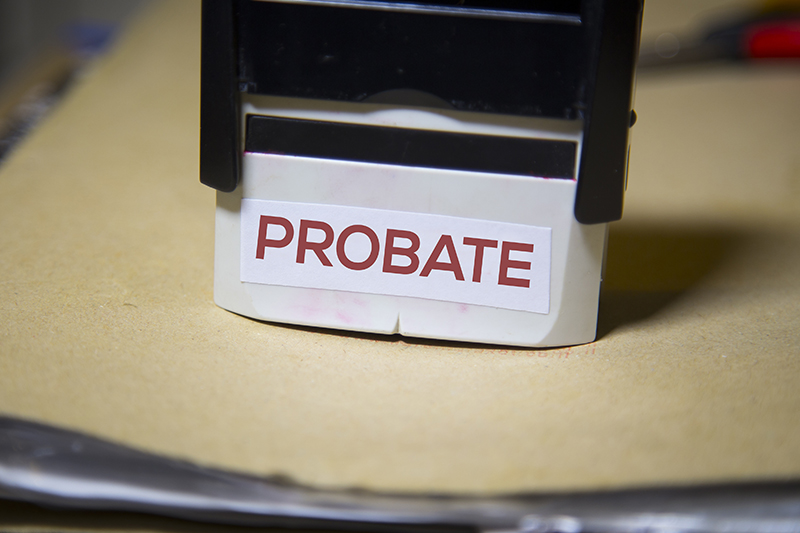
When residents of Utah pass away without a valid will their estate is subject to the laws of intestacy. Intestate succession can be a complicated process. The way the court distributes property depends on the type of assets and the number of relatives. We'll take a look at some of the major aspects of intestate succession in Utah.
Property Subject to Intestacy Laws
Under Utah Code § 75-2-101 any property that would have been included in a will can be passed through intestate succession. In most cases this means any assets that are solely owned by the decedent. Most high value items are not subject to the rules of intestacy. This includes life insurance, 401k accounts, joint tenancies in real property and payable-on-death financial accounts. A probate lawyer is your best source of information regarding the types of property that are affected by intestacy.
Divvying up Assets
Utah Code § 75-2-102 provides the instructions on how to divide intestate property among living relatives. In the typical case where a spouse dies and the surviving spouse remains with children from the marriage the spouse will receive everything. If the neither spouse has children the estate will also pass to the surviving spouse.
If the decedent is married and only has children outside the marriage (i.e. from a prior relationship) the surviving spouse will get 75% of the estate and half of the estate balance. The children will receive all the other property.
In the situation where a person dies and has no spouse or children the court will look to his or her parents. The decedent's parents will inherit the entire estate. It's a similar situation for a person who dies without a spouse, children, or parents. In this case the decedent's siblings will receive the estate.
Of course it is possible for many other types of family relations to exist. The Utah code tries to account for each possible situation. Half-relatives will inherit as if they were full-blood relatives. Adopted children are entitled to a full share while stepchildren (not adopted) are not. Children of the decedent who were legally adopted by another family do not receive a share. Yet, a male decedent's children born outside of marriage can inherit if paternity was recognized by the decedent.
Miscellaneous Issues in Intestacy
There are a lot of additional quirks to the state's intestacy laws. For example, relatives who were conceived while the decedent was alive can inherit even though they are born after the death. Additionally, there is a survivorship rule that dictates that a person who is eligible to inherit must survive the decedent by at least 120 hours. Many other rules apply that the average person is not aware of.
As you can see, estate law can get very complicated. There are a lot of pitfalls that can be avoided by working with a probate lawyer. If you have any questions about intestate succession contact T.R. Spencer Law Office.